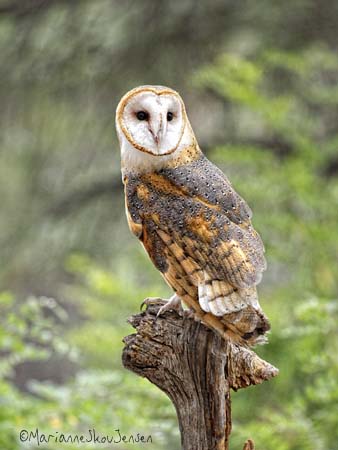Following are links to notes from my presentation at DIG last week.
Are You Connected – Do you want to be?
http://ezpixels.com/AreYouConnected.pdf
Making Use of your Free Webspace at Cox
http://ezpixels.com/USING_YOUR_COX_WEBSPACE_WITH_a_BLOG.pdf
FREE FTP to Cox using Internet Explorer
http://ezpixels.com/FTP_using_Internet_Explorer.pdf
Be sure to send me a link to your new blog if you start one!
Here’s a photo for today from Flagstaff’s Arboretum Raptor Show

I didn’t know this. Thanks for the information – should make a nice trip in cool country. And many thanks for the presentation and writing it all up. You put a lot of work into it and I learned a lot – I had two blogs started within an hour of getting home, thanks to you. 🙂
Did you manip the background or did your camera give you that great effect?
@ Shirley Ramaley
Thanks, Shirley! I was hoping people would get excited about starting one 🙂
@ Jenn
Hi Jenn,
The background is the result of using a very long lens and somewhat large aperture. The higher the quality of lens, the prettier the background can become. The effect is called the “bokeh”. Here’s a link to what that’s all about.http://www.kenrockwell.com/tech/bokeh.htm
By the way, a ground squirrel munched on your Trichocereus today! I better get that to you soon 🙂
Correction: Bokeh was not demonstrated in the background of the Owl photo. Bokeh specifically refers to the shape that specular highlights take on in out of focus areas. Christmas lights, for instance, become circles or hexegons in out of focus areas. The shape is determined by the quality of the lens.
The background in the Owl Photo is a result of using a wide aperture with an SLR. This effect is tough to achieve with a compact camera because it doesn’t have a high range of f/stops.